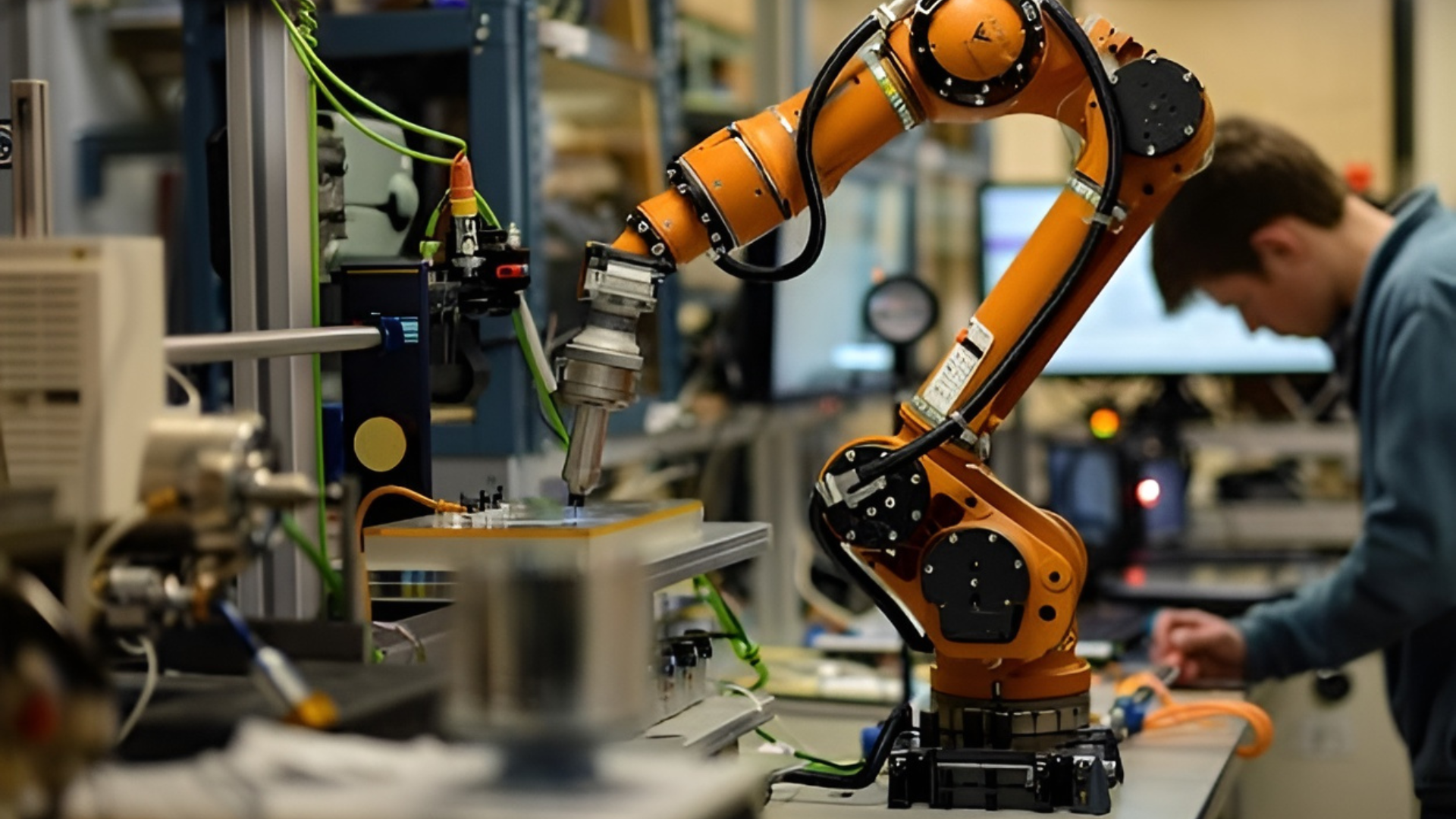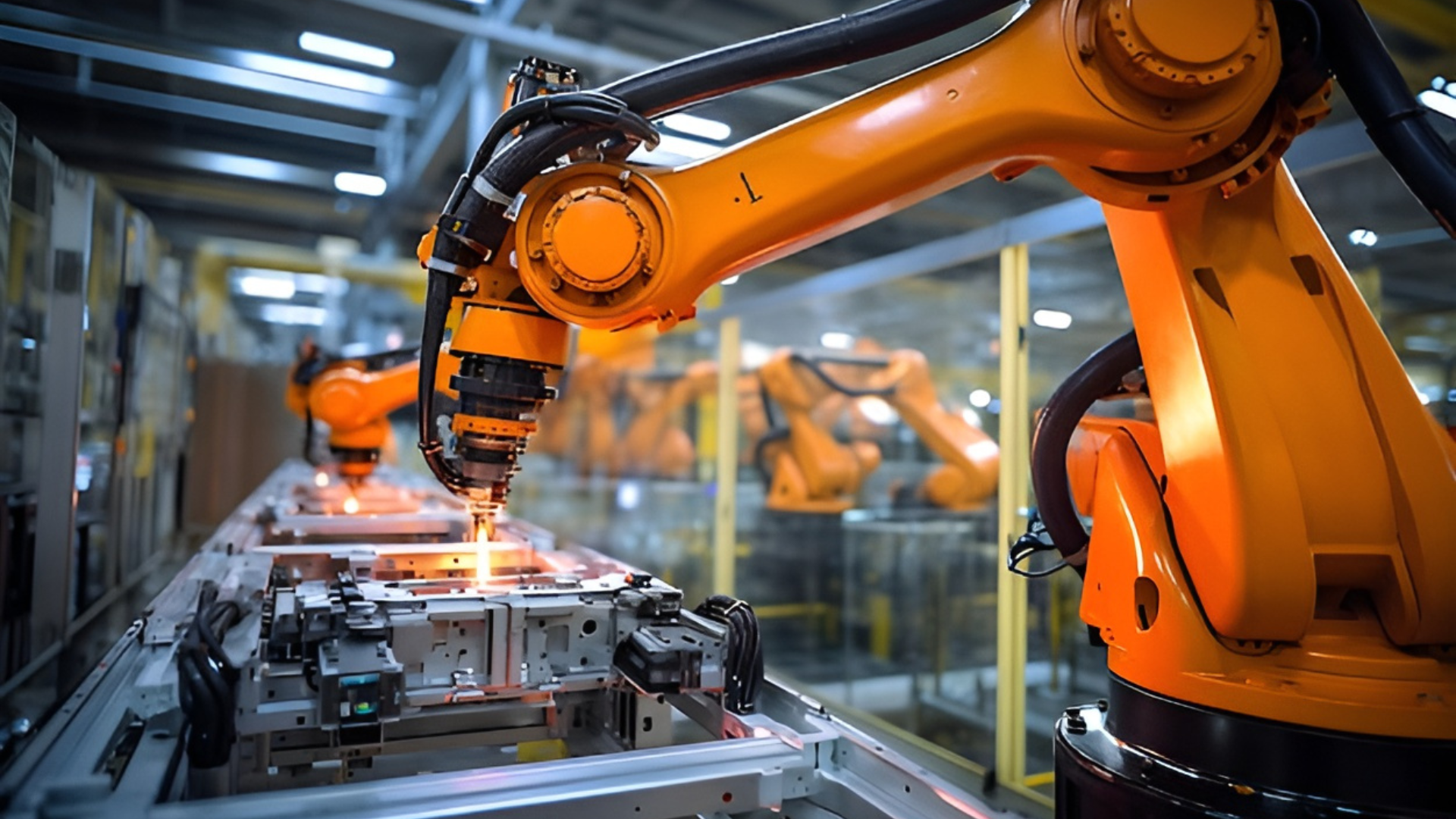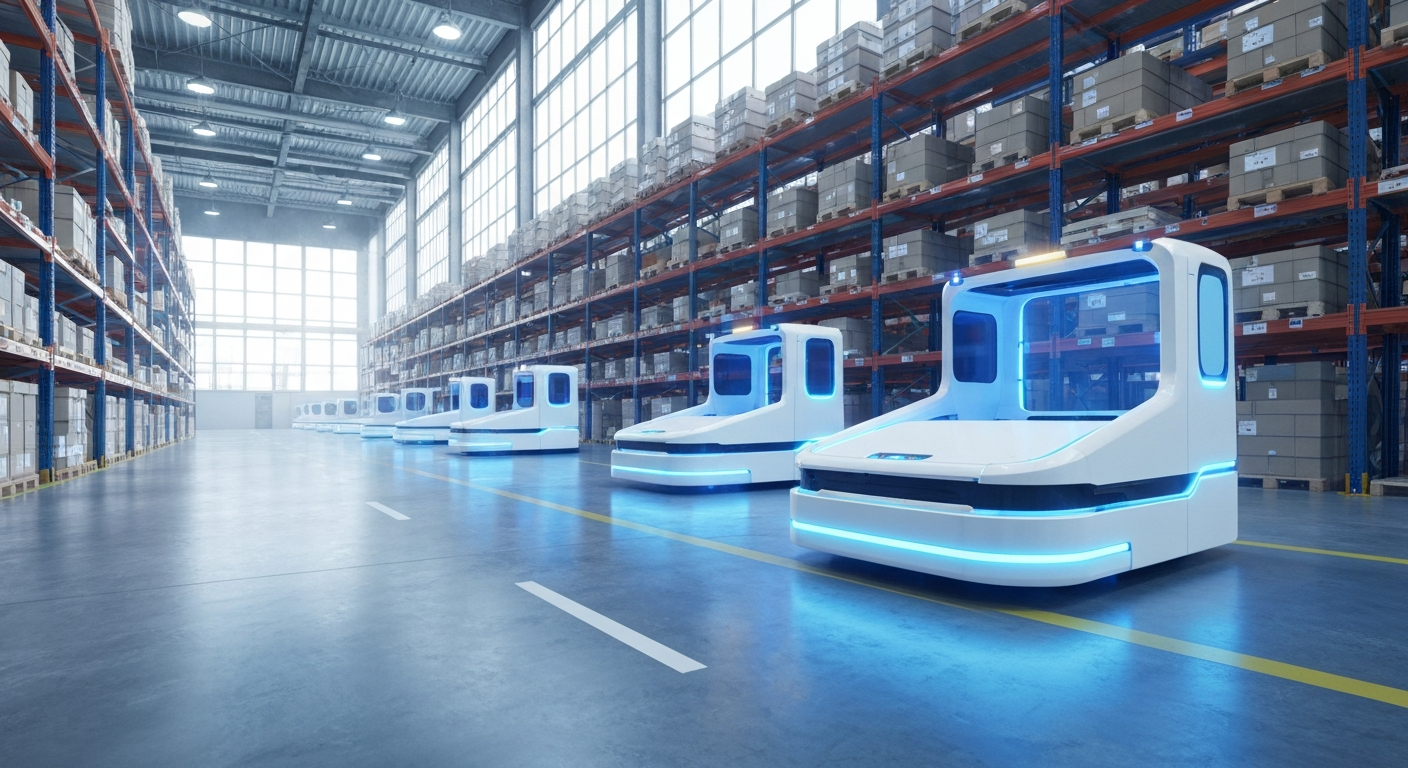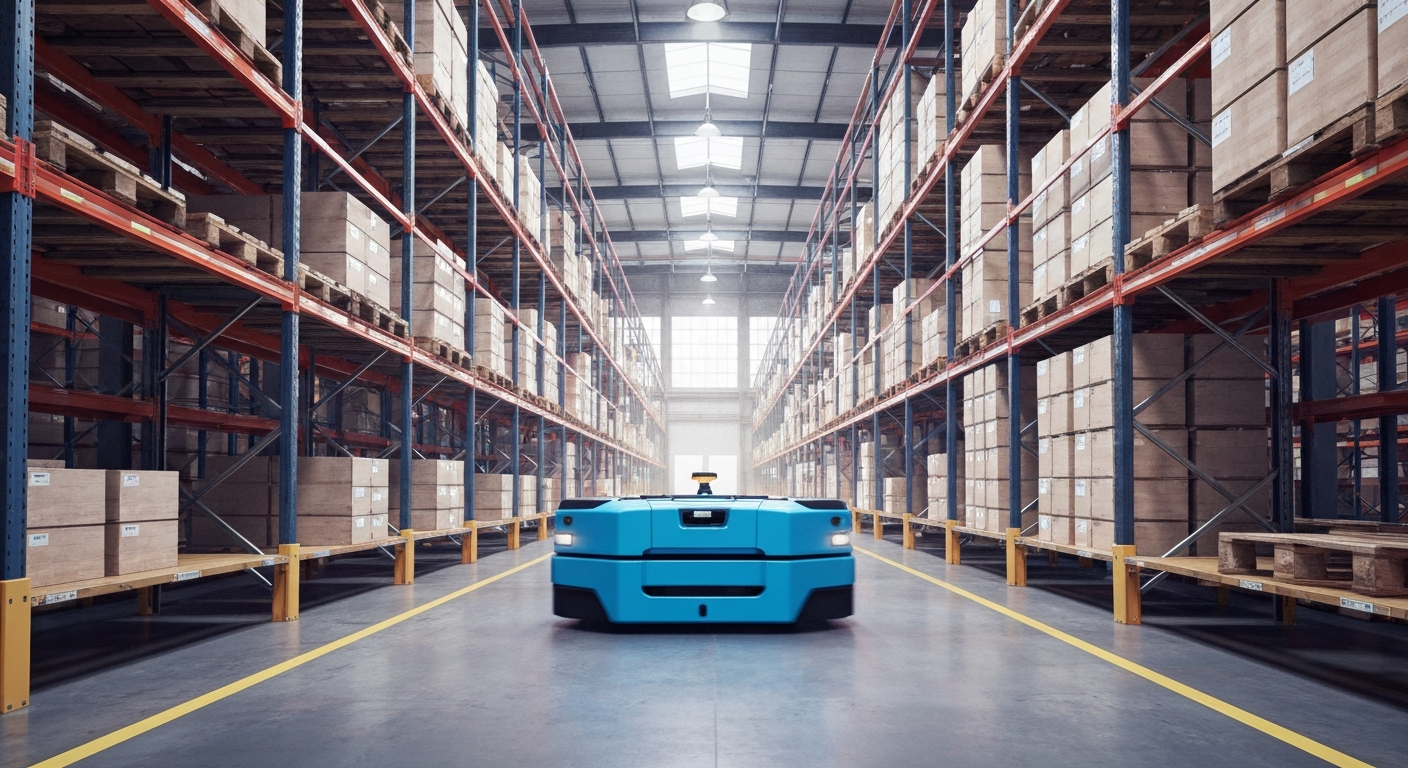An automation solution encompasses a comprehensive approach to streamlining processes and tasks through the integration of various technologies. From optimizing machine automation jobs to enhancing overall operational efficiency, automation solutions play a pivotal role in modernizing industries. Typically, an automation solution involves a diverse array of components, including but not limited to robotic systems, sensors, actuators, programmable logic controllers (PLCs), and software applications. These automation components form the backbone of automated systems, enabling seamless communication and coordination between different parts of the process. By deploying an automation solution, businesses can not only reduce labor-intensive tasks but also achieve greater accuracy, scalability, and reliability in their operations, ultimately driving productivity and competitiveness in the market.
Machine Automation Solutions
What is a Machine Automation?
Machine Automation refers to the use of technology to operate and control machinery with minimal human intervention. In essence, it involves the automation of tasks and processes traditionally performed by humans, utilizing various technologies such as robotics, sensors, and software systems. Machine automation solutions encompass a wide range of applications across industries, including manufacturing, logistics, healthcare, and agriculture. These solutions aim to streamline operations, improve efficiency, and enhance safety by reducing human error and increasing productivity. By implementing machine automation solutions, businesses can achieve greater precision, scalability, and cost-effectiveness in their operations.

What is an Example of Automation Machine?
One prominent example of machine automation is the industrial robotic arm. These versatile machines are utilized across various industries for tasks such as assembly, welding, painting, and packaging. An illustrative machine automation example is the use of robotic arms in automotive manufacturing plants to precisely assemble components on assembly lines. These machines are programmed to perform repetitive tasks with high accuracy and speed, thereby increasing production efficiency and consistency. Machine automation examples like industrial robotic arms showcase the transformative impact of automation technology on modern manufacturing processes.
What is an Example of Industry 4.0 in Supply Chain?
What is Process Automation Solution?
Industry 4.0 epitomizes a fundamental transformation in industrial practices, marked by the integration of cutting-edge technologies and data-driven methodologies. Beyond the mere deployment of advanced tools, Industry 4.0 signifies a holistic overhaul, affecting business models, organizational frameworks, and workforce dynamics. Delving into the meaning of Industry 4.0 entails grasping its multifaceted impact across various sectors, economies, and societal domains. At its core, Industry 4.0 represents a comprehensive reimagining of industrial processes, leveraging technology to drive efficiency, innovation, and sustainable growth.




